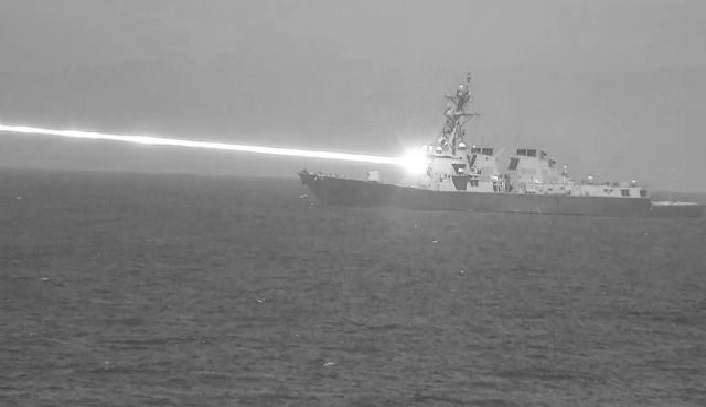India ISRO Plan Nuclear Power to Propel Future Space Missions

Space News ,India :- In a groundbreaking development reported by the Times of India on December 29, 2023, India space exploration is set to reach new heights as the country nuclear sector takes the reins in powering future space missions through nuclear propulsion.
ISRO chairman S Somanath unveiled plans to forge a strategic collaboration with the department of atomic energy, signaling a pivotal moment in India space endeavors. Notably, the successful performance of radioisotope heating units in Chandrayaan-3 propulsion module has sparked considerable excitement within the space community.
The intricate workings of a nuclear rocket engine involve harnessing the power of a fission reactor to generate high temperatures. Subsequently, this intense heat is transferred to a liquid propellant, which, upon expansion and exhaust through a nozzle, propels the spacecraft forward. This innovative technology mirrors the principles of chemical rockets, with thermal energy released into a gaseous propellant to create momentum.
Collaboration is at the forefront of ISRO strategy, as revealed in a Business Today article from August 14, 2023. The Indian Space Research Organization is joining forces with the Bhabha Atomic Research Centre (BARC) to develop a nuclear-powered engine tailored for deep space missions. Recognizing the limitations of chemical engines for interplanetary travel due to fuel constraints, this collaboration marks a significant step toward overcoming these challenges.
Somanath statement gains additional weight in light of global space agencies venturing into the realm of nuclear-powered exploration. The Bharatiya Antariksh Station (Space Station) is set to materialize in two phases, with the first phase scheduled for completion by 2028 and the entire facility expected to be operational by 2035. Emphasizing its international nature, Somanath envisions the space station as a collaborative hub for research spanning interplanetary missions, microgravity studies, space biology, medicine, and more.
Delving into ISRO diverse projects, Somanath shed light on the Integrated Lunar Exploration Roadmap. This comprehensive plan includes the establishment of a lunar base habitat at a cost-effective rate compared to other nations. Additionally, the lunar roadmap outlines ambitious missions such as a lunar sample return mission.
The integration of nuclear thermal rockets in India space exploration endeavors holds the promise of faster transit times, a crucial factor in minimizing risks for astronauts. As the space community eagerly anticipates these advancements, reducing transit time emerges as a key element in enhancing the efficiency and viability of human space missions, ultimately propelling India into the forefront of space exploration.



